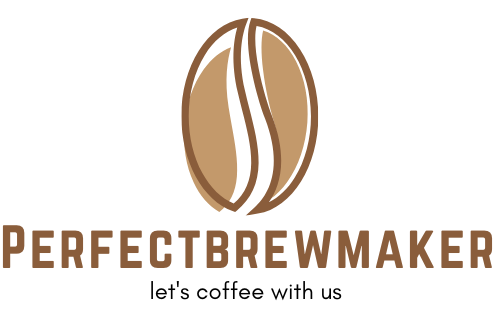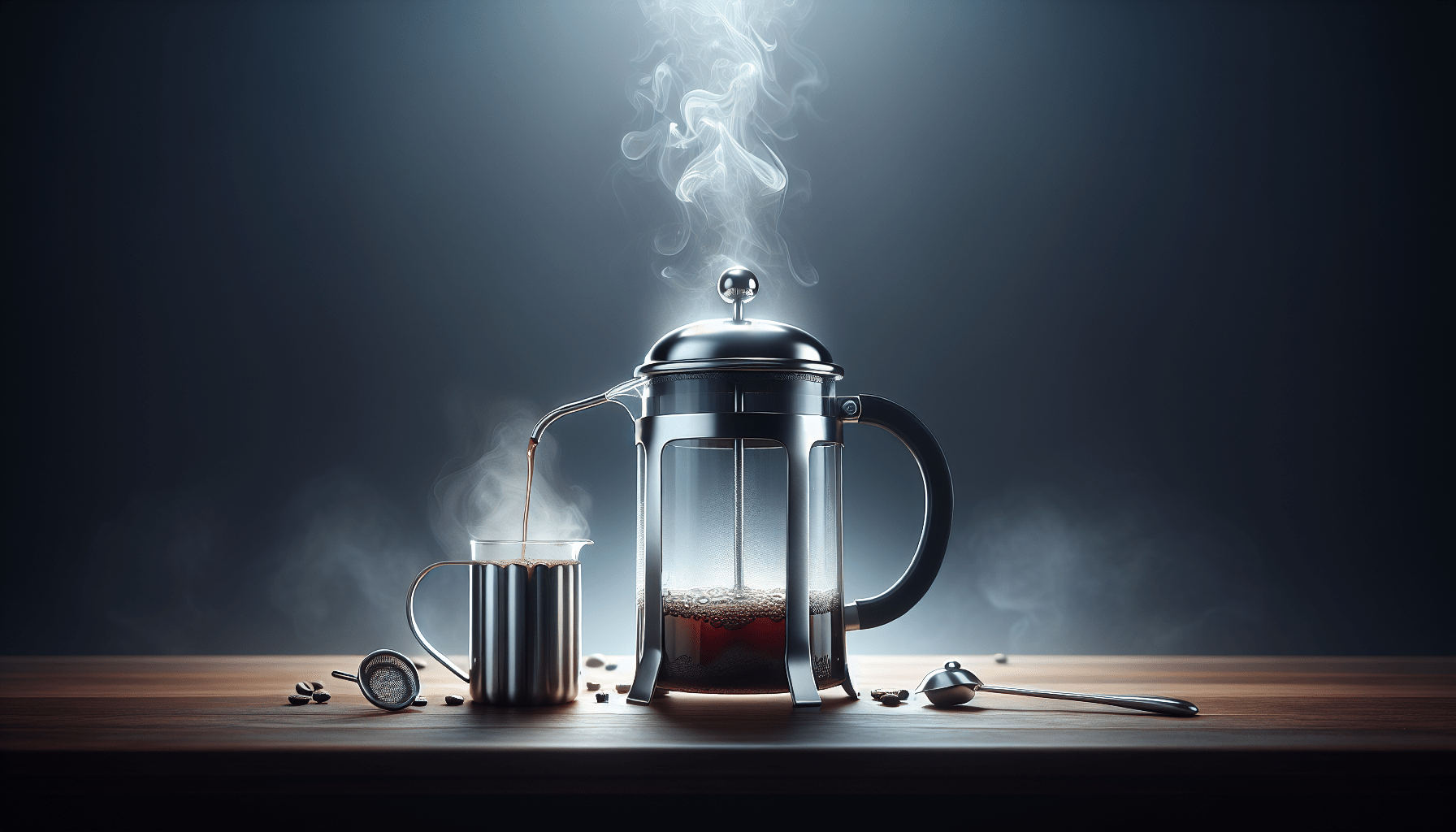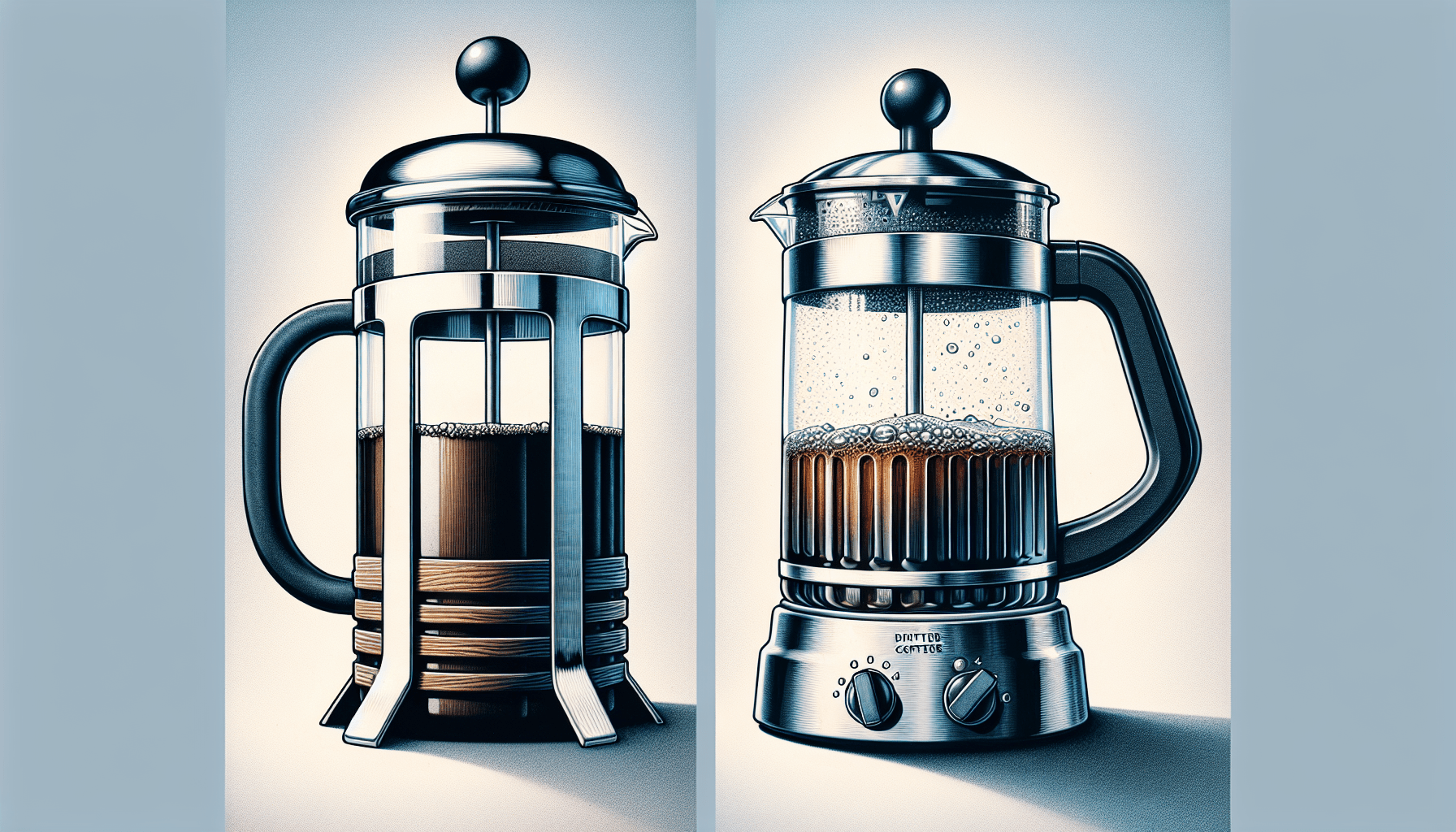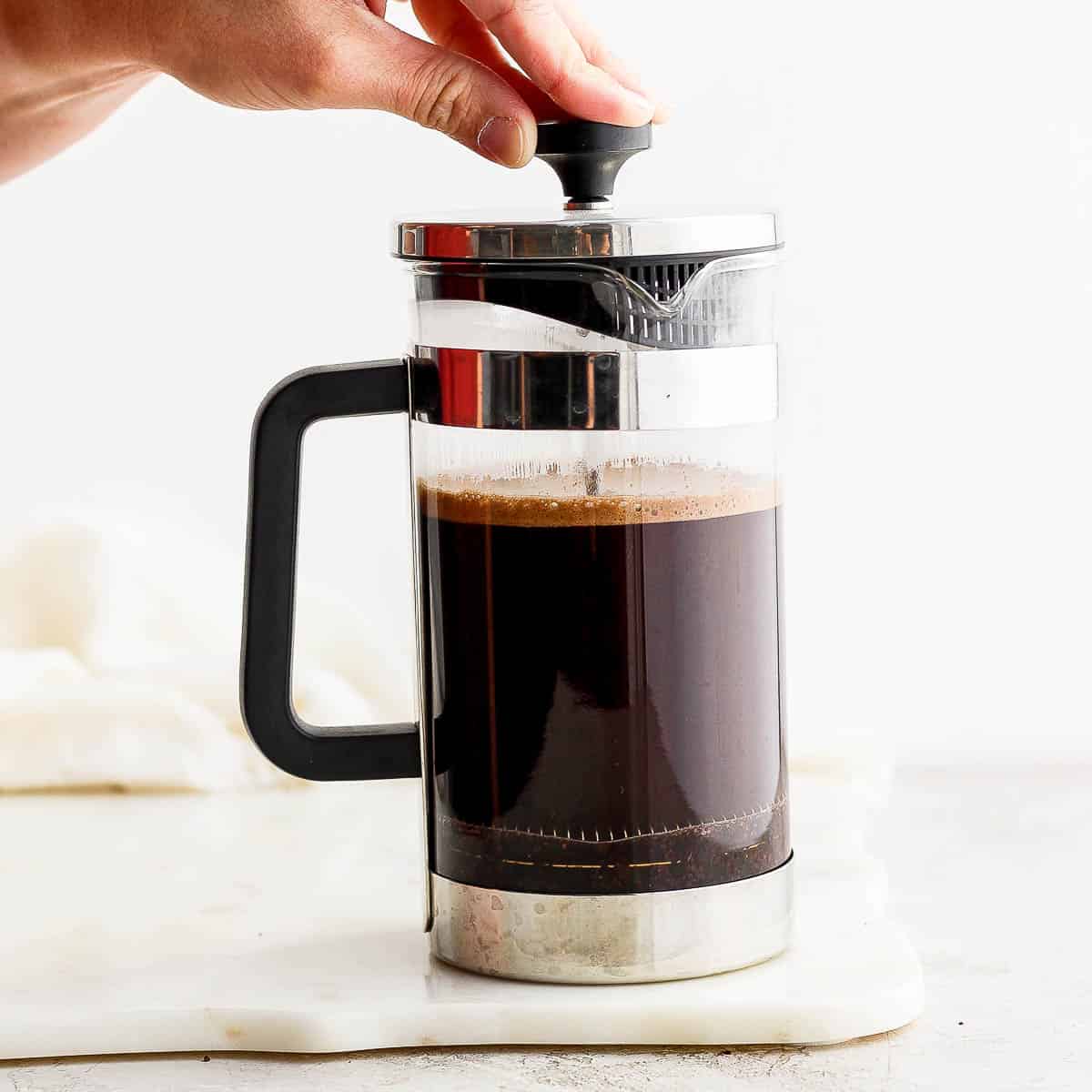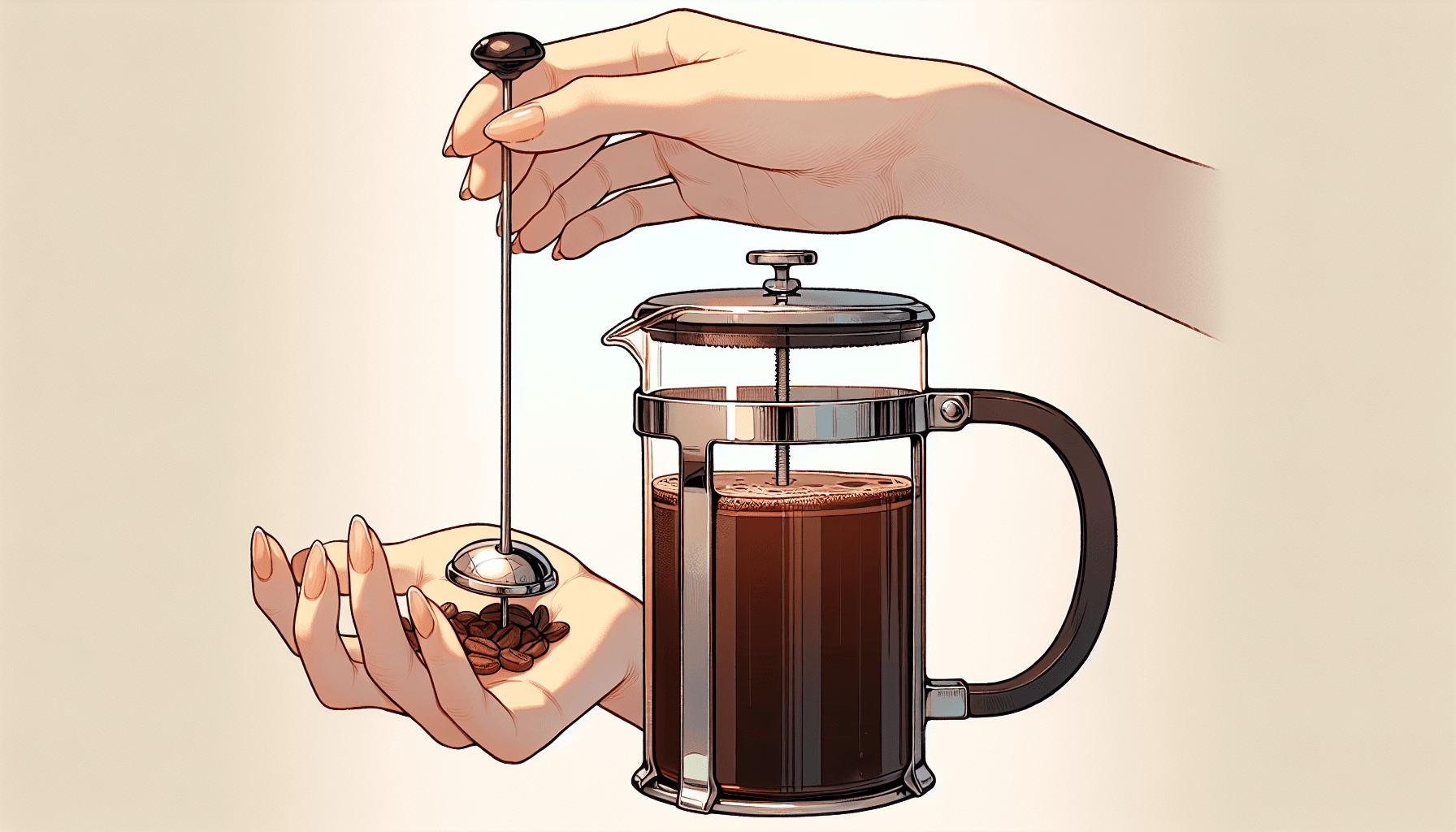Are you a coffee lover who enjoys the rich and bold flavors of French press coffee? If so, you might have wondered about the perfect water temperature to achieve that perfect cup. The ideal water temperature for French press coffee is a critical factor that can greatly impact the taste and quality of your brew. In this article, we will explore the importance of water temperature and uncover the optimal range to unlock the full potential of your French press coffee. So grab your favorite mug and let’s dive into the fascinating world of brewing temperatures!
Why Water Temperature is Important
Water temperature plays a crucial role in the extraction of flavors and aromas when brewing coffee, especially when using a French press. The temperature at which water is heated can significantly impact the overall taste and quality of the brew. It is essential to understand the impact of water temperature on coffee extraction and the flavors and aromas it produces.
Impact of Water Temperature on Coffee Extraction
The water temperature used when brewing coffee can directly affect the extraction process. When hot water comes into contact with ground coffee, it triggers a chemical reaction that extracts the soluble compounds from the beans. Different compounds are extracted at different temperatures, which consequently affects the flavors and aromas in the final cup of coffee.
Achieving the ideal water temperature is crucial for optimal extraction. If the water is too hot, it can lead to over-extraction and result in a bitter and harsh taste. Conversely, if the water is too cold, the extraction may be incomplete, resulting in a weak and underwhelming brew.
Effect of Water Temperature on Flavors and Aromas
The water temperature used during brewing also has a significant impact on the flavors and aromas of the coffee. Higher water temperatures tend to extract more of the volatile aroma compounds, resulting in a more pronounced and aromatic cup of coffee. On the other hand, lower water temperatures may produce a milder and less aromatic brew.
Additionally, different flavors are highlighted at different temperature ranges. Warmer water tends to accentuate the acidity and brightness of the coffee, while cooler water may emphasize sweetness and body. Finding the right balance of flavors and aromas can be achieved by experimenting with different water temperatures.
Water Temperature Recommendations
To achieve the best results when brewing French press coffee, it is important to follow some general temperature guidelines. While personal preference may vary, the recommended water temperature range for optimal extraction is between 195°F (90°C) and 205°F (96°C). Within this range, the coffee is likely to extract the desirable flavors and aromas without excessive bitterness.
It is worth noting that these temperature recommendations are specifically for French press brewing method. Other brewing methods, such as pour-over or espresso, may have different temperature requirements to achieve the desired results.
Factors Influencing Water Temperature
Several factors can influence the water temperature during the brewing process. By understanding these factors, you can make informed decisions to control and adjust the temperature to optimize your coffee extraction.
Coffee Roast Level and Water Temperature
The roast level of the coffee beans can have an impact on the ideal water temperature for brewing. Lighter roast coffees tend to be more delicate and acidic, requiring slightly lower water temperatures to prevent over-extraction. On the other hand, darker roast coffees can withstand higher water temperatures due to their bolder flavor profile.
It is advisable to take into account the roast level of your coffee beans when determining the appropriate water temperature to use. This will help ensure that you extract the desired flavors while avoiding any unwanted bitterness or dullness.
Room Temperature and Water Temperature
The ambient temperature of the room in which you brew your coffee can also affect the water temperature. If the room is particularly warm, the water temperature may drop more quickly when it comes into contact with the coffee grounds. Similarly, in a colder environment, the water temperature may dissipate more slowly.
It is essential to be aware of the room temperature and its potential impact on water temperature during brewing. Adjustments can be made by either pre-warming your French press or considering a slightly higher starting water temperature to compensate for any heat loss.
Water Temperature and Brewing Time
The duration of the brewing process can also influence the water temperature and subsequent extraction. Longer brewing times, such as those commonly used in immersion brewing methods like French press, can lead to more heat loss from the water. Therefore, considering the brewing time and potential temperature decrease is important for maintaining the desired water temperature throughout the process.
It may be helpful to experiment with different brewing times and water temperature combinations to find the optimal balance for your preferred taste.
Methods to Achieve the Ideal Temperature
Achieving and maintaining the ideal water temperature for French press coffee can be achieved through various methods. Here are a few techniques you can employ to ensure your coffee extraction is at its best:
Using a Thermometer
One of the most accurate ways to determine the water temperature is by using a thermometer. Simply place the thermometer in the water while heating it and monitor the temperature until it reaches the desired range. This method provides precise control over the water temperature, allowing you to achieve consistent results.
Thermometers can be readily available in most kitchen supply stores or online retailers. Investing in a high-quality thermometer will ensure accurate temperature readings for your coffee brewing.
Boiling the Water and Letting it Cool
Another common method to achieve the ideal water temperature is by boiling the water and allowing it to cool to the desired range. Boiling the water guarantees that it reaches the highest possible temperature, and then you can wait for it to cool down to the appropriate temperature.
However, it’s important to note that heat loss can occur rapidly, especially in lower quality kettles. Therefore, it may require some trial and error and careful monitoring to achieve consistent results with this method.
Pre-warming the French Press
Pre-warming the French press by rinsing it with hot water before brewing is a simple yet effective way to maintain the water temperature during extraction. By pre-warming the French press, you minimize heat loss that can occur when the hot water comes into contact with the cold glass or metal of the press.
This method can help compensate for any potential temperature decrease and ensure that the water maintains its optimal range throughout the brewing process.
Impact of Water Temperature on Extraction Time
The water temperature used during brewing can also affect the extraction time of the coffee. Different temperature ranges can result in varying extraction times, which, in turn, influence the flavor profile of the coffee.
Higher Temperatures and Shorter Extraction Times
When brewing with higher water temperatures, the extraction process tends to occur more rapidly. Hotter water facilitates the extraction of compounds from the coffee grounds, resulting in a shorter overall brewing time. This can be advantageous for those seeking a quick and efficient brewing process.
However, it is crucial to monitor the extraction carefully to prevent over-extraction. Over-extracted coffee can taste bitter and unpleasant. Therefore, it is recommended to adhere to the upper end of the recommended temperature range and adjust the brewing time accordingly.
Lower Temperatures and Longer Extraction Times
Lower water temperatures, on the other hand, create a slower extraction process. This means that it takes more time for the water to extract the desired flavors and compounds from the coffee. Consequently, brewing at lower temperatures typically requires a longer brewing time to achieve the desired extraction.
While longer extraction times can result in a more complete extraction, it is important to exercise caution to avoid under-extraction. Under-extracted coffee can taste weak and lacking in flavor. To counteract this, it is advisable to extend the brewing time while using lower water temperatures.
By finding the right balance between water temperature and extraction time, you can tailor the brewing process to your preferences and achieve the optimal flavor profile for your French press coffee.
Temperature Guidelines for Different Coffee Roasts
The ideal water temperature can also vary depending on the roast level of the coffee beans. Different roasts have distinct characteristics and flavor profiles, and adjusting the water temperature accordingly can enhance the overall coffee experience.
Light Roast
Lighter roast coffees tend to have more delicate flavors and higher acidity. To avoid over-extracting the coffee and dulling its vibrant qualities, it is recommended to use slightly lower water temperatures. Starting with temperatures around 195°F (90°C) can help achieve a well-balanced cup with a bright and lively acidity.
Medium Roast
Medium roast coffees strike a balance between the bright acidity of light roasts and the deeper flavors of dark roasts. The ideal water temperature for medium roasts falls within the general temperature guidelines of 195°F (90°C) to 205°F (96°C). This range allows for a well-rounded extraction, highlighting the balanced flavors and achieving a pleasant cup of coffee.
Dark Roast
Dark roast coffees are known for their bold and rich flavors, often accompanied by a lower acidity level. These coffees can withstand slightly higher water temperatures, ranging from 200°F (93°C) to 205°F (96°C), without risking over-extraction. The higher temperatures can help bring out the complexity and intensity of the dark roasted beans.
Adjusting the water temperature depending on the roast level can help optimize the extraction process and achieve the desired flavors in each cup of French press coffee.
Common Misconceptions about Water Temperature
There are several misconceptions surrounding water temperature and its role in brewing coffee. Understanding these misconceptions can help you approach your French press coffee brewing with a more informed perspective.
Boiling Water is Always the Best Option
While boiling water is often used for brewing coffee, it is not always the best option. Water that has just reached boiling point (212°F or 100°C) can scorch the coffee grounds and lead to over-extraction, resulting in a bitter and unpleasant taste. It is important to give the water a short cooling period to avoid these issues.
Using water in the recommended temperature range of 195°F (90°C) to 205°F (96°C) provides a safe and effective range for optimal extraction. It is always better to err on the slightly lower side of the temperature range to avoid potential bitterness while still achieving a flavorful cup of coffee.
Higher Temperature Leads to Stronger Coffee
Contrary to popular belief, higher water temperature does not necessarily result in a stronger cup of coffee. While hotter water can extract more compounds from the coffee grounds, it can also lead to over-extraction, resulting in bitterness and unpleasant flavors.
Strength of coffee is determined by the coffee-to-water ratio and the level of extraction. By adjusting the water-to-coffee ratio and maintaining the optimal water temperature, you can achieve a well-balanced and flavorful cup of coffee without sacrificing strength.
Lower Temperature Results in Weaker Coffee
Similarly, lower water temperatures do not automatically result in weaker coffee. Lower temperatures may slow down the extraction process, but it can also lead to a more delicate and nuanced cup of coffee. It allows for a milder extraction, highlighting different flavors and characteristics that may not be as prominent at higher temperatures.
By experimenting with different water temperatures, you can discover your preferred balance between strength and flavor intensity that best suits your taste preferences.
Experimenting with Different Temperatures
As with many aspects of coffee brewing, experimenting with different water temperatures can be an enjoyable and educational experience. By making slight adjustments to the water temperature, you can uncover unique flavors, aromas, and overall characteristics of your coffee.
Taste Testing with Varying Water Temperatures
To understand the impact of water temperature on the taste and flavor profile of your coffee, consider conducting taste tests. Brew multiple cups using different water temperatures within the recommended range and compare the results. Take note of any differences in acidity, body, sweetness, and overall flavor intensity.
This practice will help you identify your preferred temperature based on your personal taste preferences and the characteristics you value in your coffee.
Adjusting Water Temperature Based on Personal Preference
Once you have a general understanding of the flavors imparted at different water temperatures, you can begin tailoring your brewing process to your liking. Fine-tuning the water temperature allows you to achieve the desired balance of acidity, body, sweetness, and overall flavor intensity.
Some individuals may prefer a brighter and more acidic cup of coffee, while others might enjoy a smoother and richer brew. By adjusting the water temperature, you can customize your French press coffee to cater to your personal preference and ultimately enhance your coffee experience.
Other Factors Affecting Coffee Flavor
While water temperature is undoubtedly critical when brewing French press coffee, it is not the sole determinant of the final cup’s flavor. Several other factors can significantly impact the taste and overall coffee experience.
Quality of Coffee Beans
The quality of the coffee beans used is paramount in achieving a delicious cup of coffee. Specialty-grade beans that are fresh and properly roasted tend to exhibit more complex and vibrant flavors. By investing in high-quality coffee beans, you are more likely to achieve a satisfying and enjoyable cup of French press coffee.
Grind Size and Consistency
The grind size and consistency of the coffee grounds play a vital role in the extraction process. Different brewing methods require different grind sizes, and the French press is no exception. Coarsely ground coffee is ideal for the French press as it allows for proper extraction and minimizes the risk of bitter flavors caused by over-extraction.
It is essential to invest in a quality burr grinder and ensure consistent grind size to achieve optimal extraction in the French press brewing method.
Ratio of Coffee to Water
The ratio of coffee to water is another crucial factor in determining the flavor and strength of your French press coffee. Finding the right balance ensures that you extract the desired flavors and achieve the appropriate level of strength.
While the water temperature is vital, it is essential to consider the coffee-to-water ratio alongside temperature adjustments to maintain balance and consistency in your brew.
Conclusion
Water temperature is a critical element in brewing French press coffee. It directly affects the extraction of flavors and aromas, as well as the overall taste and quality of the final cup. By understanding the impact of water temperature and following the recommended temperature range, you can enhance your coffee experience and highlight the unique characteristics of your chosen coffee beans.
Through experimentation and taste testing, you can further refine the brewing process to find the perfect balance for your taste preferences. Remember to consider other factors such as the roast level, room temperature, and brewing time to optimize the water temperature and achieve the best possible results.
Ultimately, finding the right water temperature for your French press coffee requires a combination of knowledge, experimentation, and personal preference. Enjoy the journey of discovering your perfect cup, and savor the rich flavors and aromas that the process can unlock.
